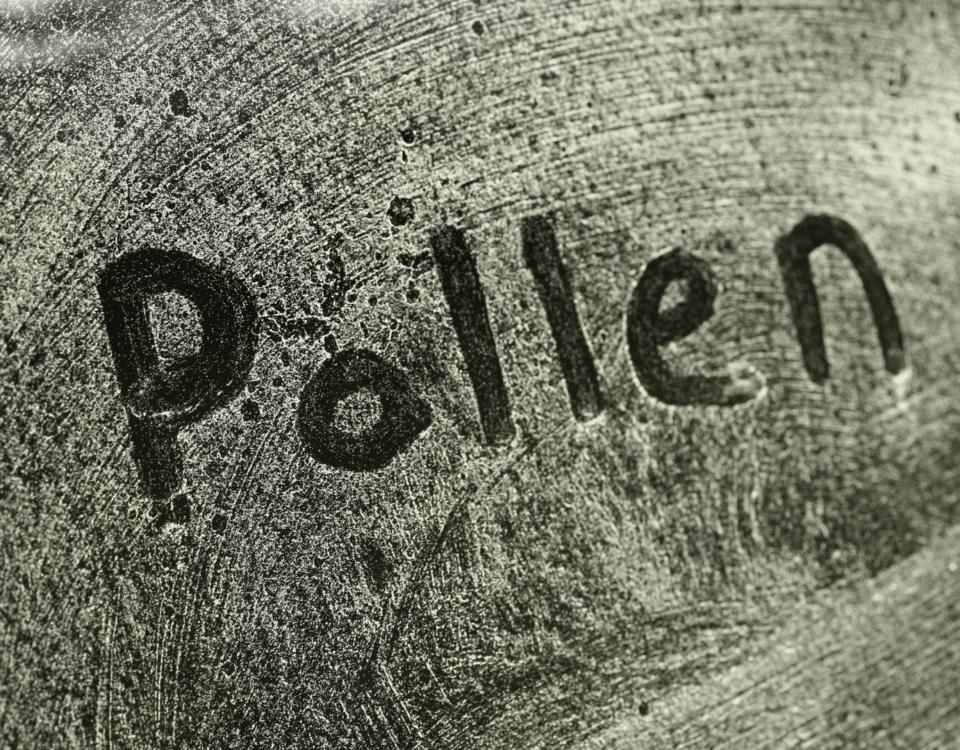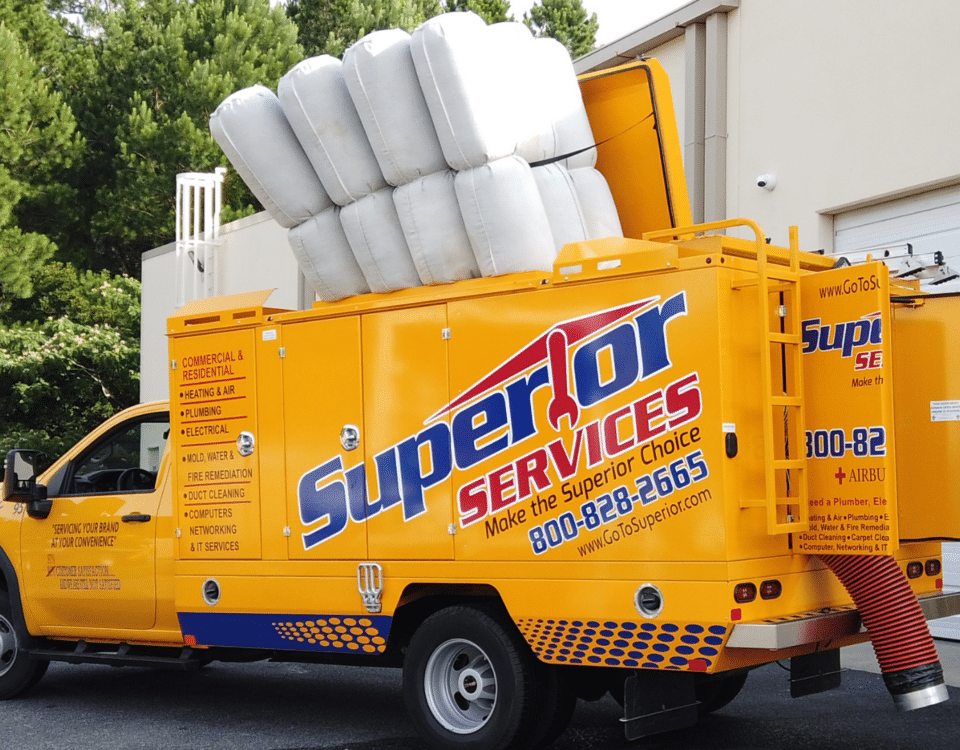Ask most people about air quality problems, and they’ll look to the outdoors. However, the Environmental Protection Agency (EPA) called indoor air pollution one of the United States’ top environmental health concerns and has also recognized the need to improve indoor air quality. Consult with your Hilton Head Heating and Air Specialist about improving the air quality in your home.
The World Health Organization is investigating air pollution, too. In fact, the World Health Organization states that 40% of all buildings pose a serious threat to health because of poor indoor air quality.
Why Do We Need To Improve Indoor Air Quality?
Starting with the energy crisis in the 1970s, we began sealing our Hilton Head homes, offices, and other indoor environments to reduce energy consumption. This has worked except for the fact that most of our indoor environments just re-circulate stale air without ever cleaning it.
The problem is that our homes, cars, offices, hotel rooms, college dorms, and other indoor environments are filled with things we never want to breathe in.
The Three “Hidden” threats To Indoor Air Quality:
Particulates: Indoor air contains solid particles and tiny liquid droplets, up to
20 million per cubic foot in untreated rooms. More than 99% can’t be seen, and many particles are small enough to enter your lungs.
Pollen, ash, and dust come indoors from the outside. Pets give off dander. Dust mites thrive in mattresses. And cigarette smoke lingers. Second-hand smoke has been identified as a major health risk.
Microbials: Microscopically small living health hazards, bacteria, fungi, and mold-thrive in moist indoor environments. Mold grows to some degree in almost every man-made structure.
What’s worse, mold loves heating and cooling ducts. Every time someone turns on heat, air-conditioning, or ventilation, a variety of microbes may blow into rooms serviced by the ducts. This happens in cars, trucks, office buildings, and hotels, too.
Gases: A variety of gases escape from our carpets, drapes, and furniture. Cleaning
products, copy machines, paints, insect spray, hair spray, and insulation emit gases as well. Many are chemicals known as volatile organic compounds (VOCs) that are easy to breathe in. We can’t always smell indoor gases, which pose a hidden danger.
Commercial Air Fresheners Don’t Improve Indoor Air Quality
Whatever you do don’t go plug those air fresheners you bought at the store in the wall thinking they will improve indoor air quality. They actually make the quality of the air worse.
Most household cleaners and air fresheners are made out of chemicals that smell good, but are harmful for you to breathe in. That goes for the car air fresheners too.
Houseplants Improve Indoor Air Quality
Plants take in carbon dioxide and give off pure oxygen so having a healthy plant in each room of your Hilton Head home or office will improve indoor air quality. If you want to improve indoor air quality and the smell of your home or office simply buy flowers.
The Best Way To Improve Indoor Air Quality
The best way you can improve indoor air quality in your Hilton Head home or office is to have a high quality air purifier that gets rid of the particulates, microbials, and gases that are harmful to breathe. There are many different air purifiers out there, some are better than others, but what is important is that you find one that removes the three harmful elements listed above.
The size of the air purifier is also something to consider when you are looking to improve indoor air quality because each square foot of the house, room, or building needs to be treated. Good luck on your journey towards health and wellness!






